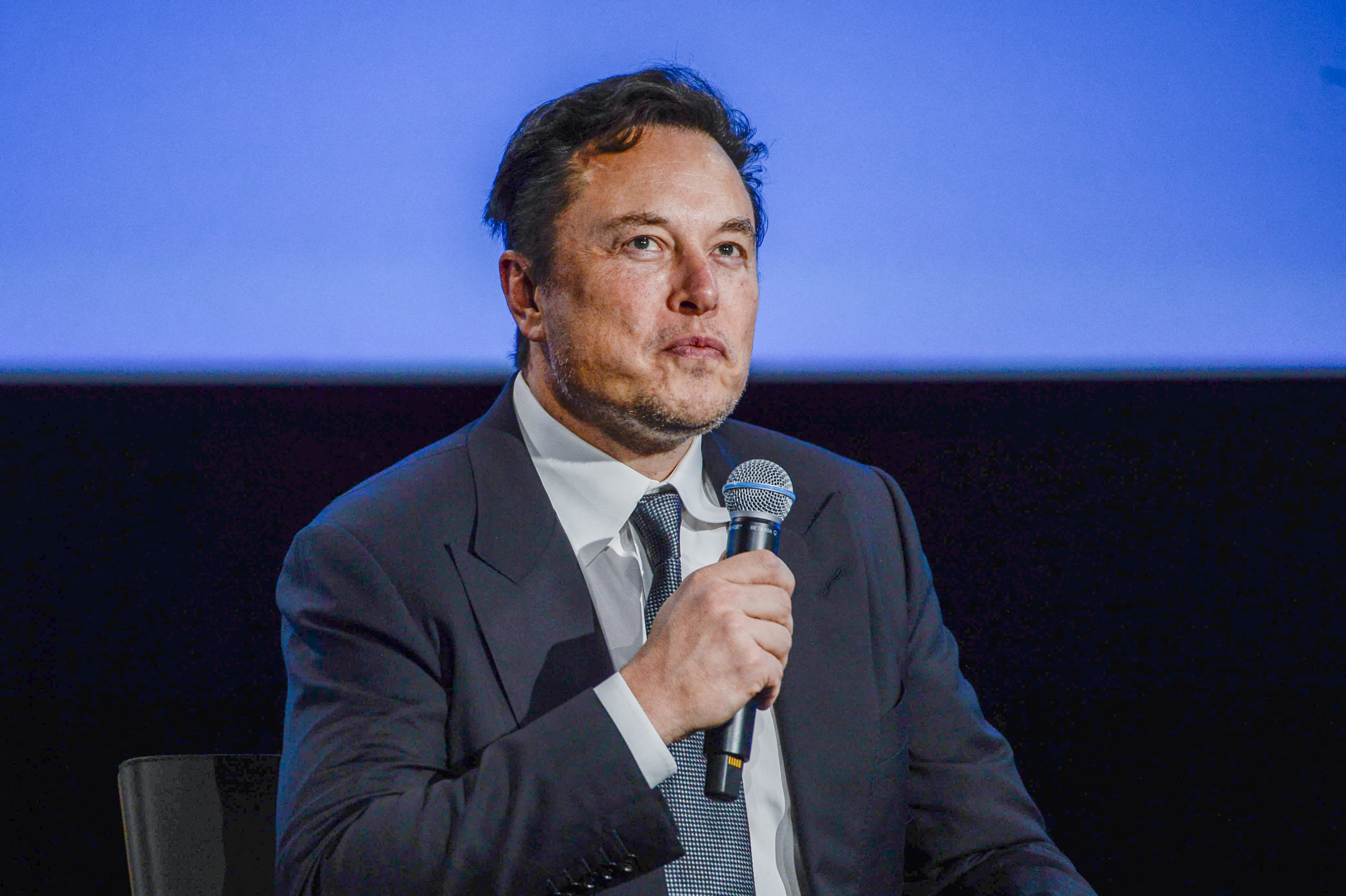The U.S. Department of Agriculture has opened a “very unusual” investigation into animal testing at Neuralink, a company co-founded by Elon Musk in 2016 to develop devices to be implanted into the human brain to allow it to interface directly with a computer.
The investigation into alleged violations of the Animal Welfare Act was opened “in recent months” after the request of a federal prosecutor, two unnamed sources told Reuters.
Delcianna Winders, director of the Animal Law and Policy Institute at the Vermont Law and Graduate School, told Reuters that an investigation into animal research was “very unusual” for the USDA inspector general, which has been primarily concerned with illegal dog fighting and cockfighting operations.
Reuters said it had reviewed “dozens” of internal company documents and interviewed “more than 20 current and former employees” of Neuralink in preparing its exclusive report. It suggested that Musk’s impatient, hard-driving approach had led to human error in tests involving animals. That has led in turn to questionable test results, meaning that some tests had to be repeated — often with fatal consequences for the animals being tested.
However, Reuters was unable to confirm whether the federal investigation was looking into those issues or something else.
According to records and other sources, roughly 1,500 animals have died during product testing by Neuralink scientists since 2018. While most of those deaths would be considered legitimate by researchers, some may have been unnecessary, according to the report.
Those animals included unknown numbers of sheep, pigs and monkeys. Neuralink does not keep records detailed enough to number the deaths exactly or to specific which types of animals were most affected, Reuters said. Rats and mice have also been used in the company’s research.
None of that, however, means that Neuralink has necessarily violated any laws. Animal research, obviously, is required to be completed before experiments involving humans can even be legally considered.
Often, animal research subjects are euthanized following research, for post-mortem examination.
In February, the Physicians Committee for Responsible Medicine filed a complaint with the USDA against Neuralink, claiming that monkeys being used for research by the company had been “caged alone, had steel posts screwed to their skulls, suffered ‘facial trauma,’ seizures following brain implants, and recurring infections at implant sites.”
The group accused Neuralink and the University of California, Davis, where the experiments were done, of “horrific abuse,” Forbes reported. The company, however, argued that the USDA had never found any violations in previous inspections of the company’s facilities.
Reuters noted that monkeys, in particular, were generally well-treated by the company, according to former employees.
“Company leaders have boasted internally of building a ‘Monkey Disneyland’ in the company’s Austin, Texas facility where lab animals can roam, a former employee said. In the company’s early years, Musk told employees he wanted the monkeys at his San Francisco Bay Area operation to live in a ‘monkey Taj Mahal,’ said a former employee who heard the comment. Another former employee recalled Musk saying he disliked using animals for research but wanted to make sure they were ‘the happiest animals’ while alive,” Reuters reported.
Musk has also demanded speed from his researchers, on multiple occasions reportedly instructing them to “imagine they had a bomb strapped to their heads in an effort to get them to move faster,” three sources told Reuters.
“One former employee who asked management several years ago for more deliberate testing was told by a senior executive it wasn’t possible given Musk’s demands for speed,” the employee told Reurters.
Two others told the outlet that they had resigned over their concerns for animal welfare at Neuralink.
The USDA OIG refused to comment on the Reuters report when contacted by The Western Journal via email, neither denying nor confirming the existence of an investigation into Neuralink.
The Western Journal also reached out to Neuralink for comment but has not yet received a response.
This article appeared originally on The Western Journal.

























 Continue with Google
Continue with Google